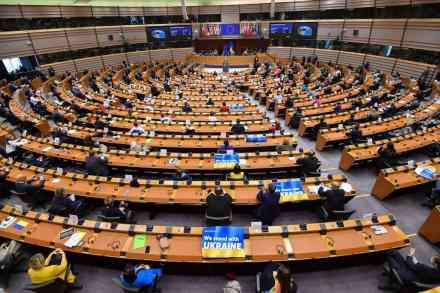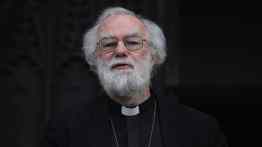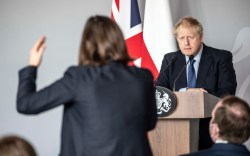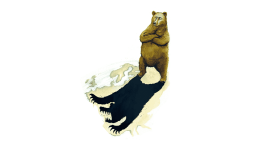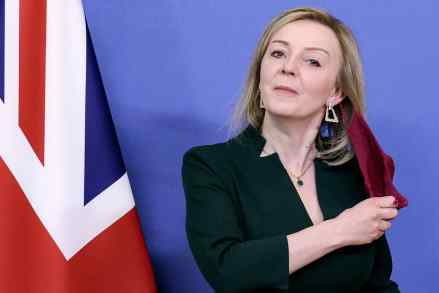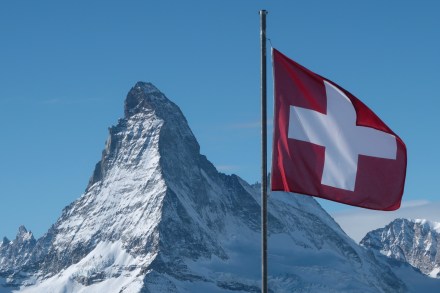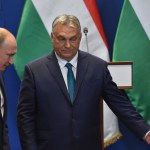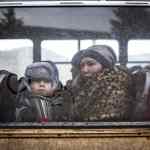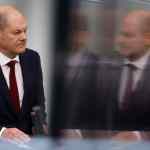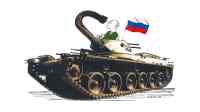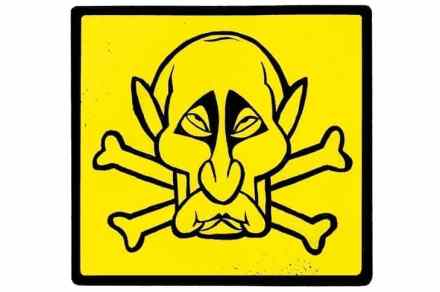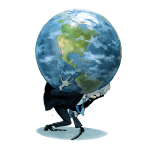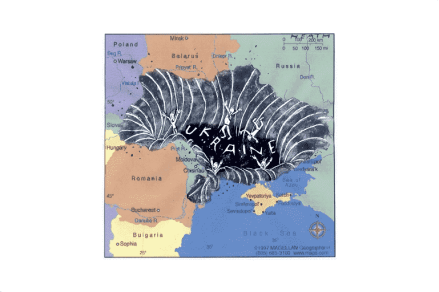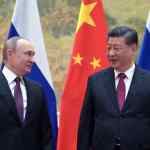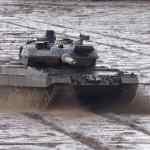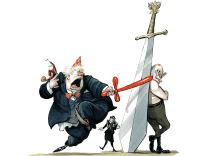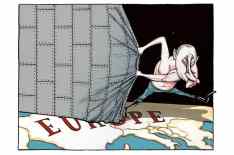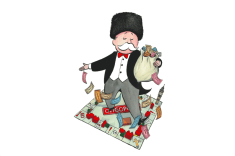The Putin apologists of the European parliament
Never underestimate Vladimir Putin, and certainly never underestimate his advisers. Well before the first Russian rockets exploded in metropolitan Kiev, he had achieved a major foreign policy success by sabotaging the EU’s ability to present a united front against him. Ever since the days of Gerhard Schroeder, Russia had deftly weaponised German politicians’ commitment to Ostpolitik and German people’s desire for a comfortable bourgeois life, and this undoubtedly paid off. Before the invasion the EU’s paymaster was less than enthusiastic about sanctions when reminded of the sunk costs of Nord Stream 2 and its short-sighted but temporarily lucrative decision to depend both on Russian gas and the profits it made
